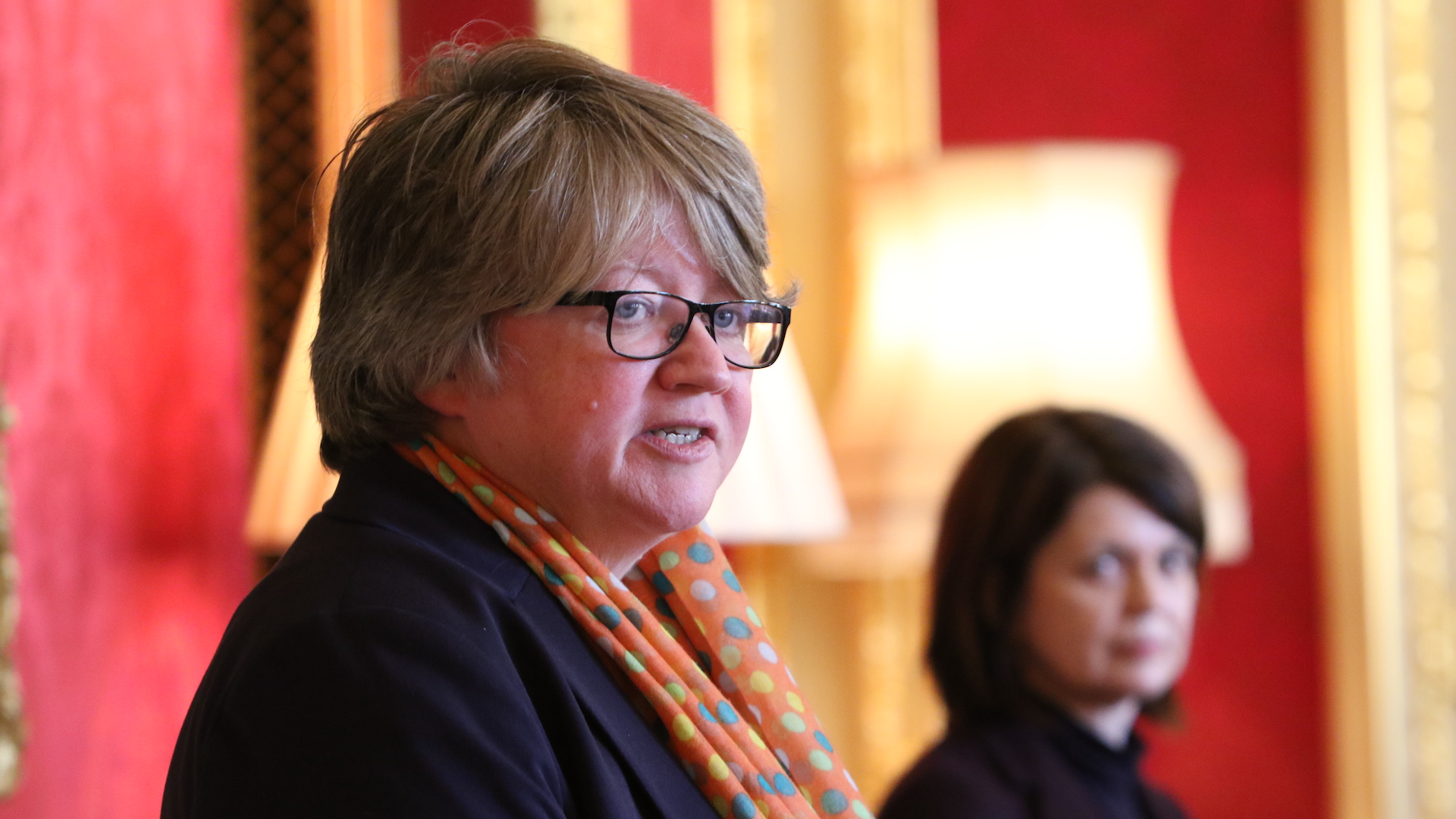“People in receipt of the Severe Disability Premium weren’t allowed to move to Universal Credit until changes last week. They’ve had ten months with no extra help at all. Why have they been treated so badly?”
Nigel Mills, Conservative MP for Amber Valley, asked Coffey if she had any “positive news” about the Universal Credit increase, which is set to end in April.
But the work and pensions secretary said discussions were still ongoing and that she had no news to share.
“I’m conscious that the committee may want to have some revelation,” Coffey said. “There isn’t a revelation to make. I’m absolutely resolute that the effects of the pandemic are ongoing and we recognise the need to keep supporting people.”
When asked if she believed keeping the increase was the right thing to do, Coffey said the purpose of Universal Credit was “about people working and getting back to work” and reiterated that it was an ongoing discussion.
“Here was me thinking Marcus Rashford made these decisions,” Mills responded.
Advertising helps fund Big Issue’s mission to end poverty
People receiving Universal Credit will lose out on £1,040 a year if the cut goes ahead as planned, impacting more than 6.2 million families, according to the Joseph Rowntree Foundation.
The foundation says another half a million, including 200,000 children, will be pushed into poverty as a result.
Nearly 60 per cent of the public back making the increase permanent, Health Foundation polling showed in December.
The House of Lords’ Economic Affairs Committee previously blamed the benefit system for soaring rent arrears and the use of foodbanks, calling for the increase to be kept.
A £500 or £1,000 one-off bonus would “not be the department’s preferred approach”, Coffey said after MPs asked about media reports that such a payment could be introduced instead of making the increase permanent.
“A steady sum of money would be more beneficial,” Coffey said.
Advertising helps fund Big Issue’s mission to end poverty
“I wouldn’t say no to a one-off payment if in the end that was the decision that was taken.”
Asked if the DWP had been asked to supply calculations around how much a one-off payment could cost, Coffey said the department already had, refusing to give details but confirming that “figures in the media are not far off”. Reports have suggested it would cost the Government £6 billion, the equivalent of 1p on income tax and 5p on fuel duty.
Last month the UK Government refused to research Universal Credit’s role in rising food bank use and said there is “not a need” to end the five-week wait for a first payment, despite a scathing report from the work and pensions committee.
“There’s no need for anybody to wait for financial support,” Coffey said. New claimants can request an advance payment to cover the wait, but it means receiving a year’s payments over thirteen months rather than twelve, reducing their regular income.”
“Is this your argument that when you give people a loan they’re no longer in difficulty?,” Timms replied.
“I have greater concerns about how UC has been trashed in the past by others,” Coffey said, citing Labour’s manifesto pledge to replace the Universal Credit system.
Advertising helps fund Big Issue’s mission to end poverty
“People haven’t turned to us for help quickly enough and that’s where we’ve seen people get themselves into difficulty. I want to change that approach and people’s fears about it.”
Earlier this week MPs in the All Party Parliamentary Group on Poverty recommended the Government make the increase permanent and extend it to people on legacy benefits to prevent further hardship.









